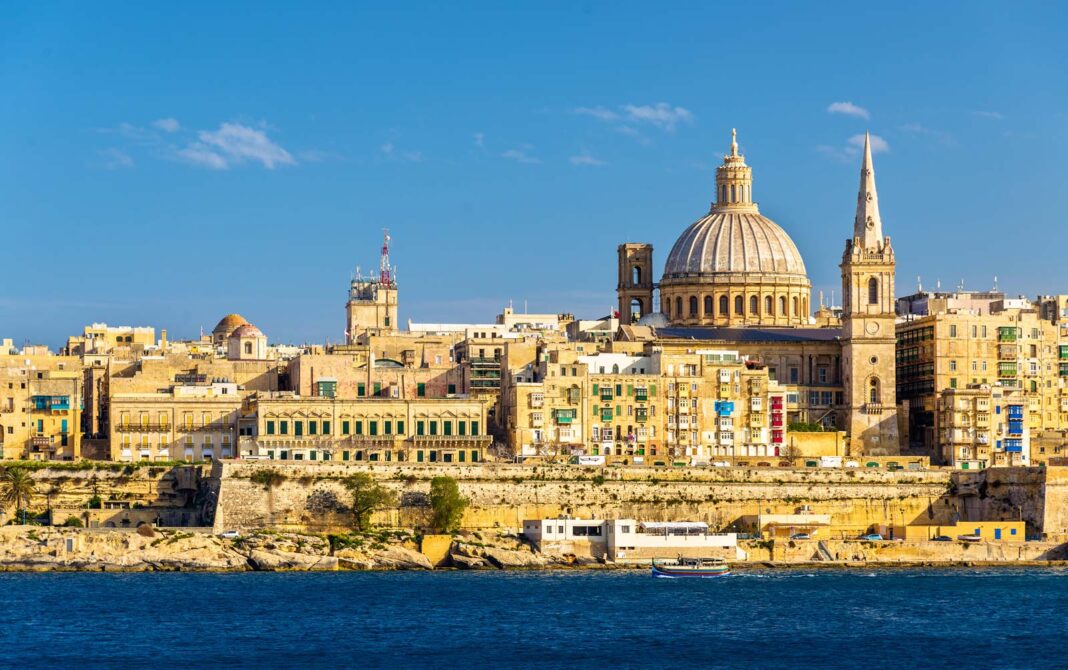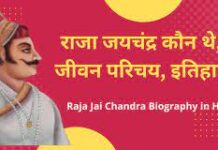Malta has been ruled by a variety of different groups throughout its history, which have left their marks on the landscape and culture. An artistic, family oriented people, the Maltese enjoy food, drink, music, and art. The Catholic church has had a large influence on the development of national traditions although Malta has retained its own language and developed unique artistic forms such as għana folk music.
History
Evidence suggests that humans have lived on Malta since at least 5200 BC, when migrants, probably from Sicily, began hunting and farming on the island. Some time around 3,500 BC, Maltese inhabitants began building temples and monuments, such as the ruins still visible today at Mnajdra. These first settlers disappeared from Malta around 2500 BC, possibly due to famine, disease or natural disaster.
The Ancient Greeks arrived around 700 BC, and the areas around Valetta and Mdina became trading ports home to the Phoenicians. Maltese residents sided with Rome during the Punic Wars and remained a thriving part of the Roman Empire until the 4th century, when it was conquered by the Byzantines.
During the Middle Ages, Malta was invaded by the Arabs around 870 AD who razed most of the island, which remained uninhabited until the Moors began moving there around 1030 AD. The Normans invaded in 1091 and expelled the others, leaving only native Christian Maltese who became subjects of the Kingdom of Sicily. During the Norman period, many buildings were constructed, particularly in the capital of Mdina. The Catholic Church became the state religion and the Count of Malta was installed to help with the militarization of the strategically important island.
Between 1194 and 1266, Malta belonged to the House of Hohenstaufen, during which time it was treated as a garrison and trade declined to almost nothing. Muslims were expelled, replaced by deported Christians from Celano, Abruzzo. Malta moved to the hands of the Kings of Aragon from 1282 until 1530 when Emperor Charles V of the Holy Roman Empire gave the island to the religious military order of the Knights of Malta.
Napoleon conquered the country in 1798 and removed the Knights of Malta. He created a government, established 12 municipalities, introduced public education and dismantled the feudal system. The Anti-Catholic French militia Napoleon installed to rule was unpopular with the Maltese, who rebelled with the aid of Great Britain, Naples and Sicily. The French surrendered after the arrival of the British navy in 1800 and Malta became part of the British Empire in 1814, establishing great importance as a port on the trade route to India.
WWII saw Malta endure constant attacks due to its location near the Axis shipping lanes. King George VI awarded the entire nation the George Cross in 1942 in response to their bravery during this time. After the war, Malta entered a reconstruction period. In 1964, negotiations with Great Britain resulted in becoming an independent republic, eventually joining the European Union in 2004.
Culture
The Maltese are a Mediterranean people whose nation has variously been ruled by the Romans, Moors, Germans, Sicilians, French, and British. Each invading faction brought new ideas, words, foods, art and architecture to enrich the island culture. Most of the people speak both English and Maltese, which evolved from an ancient Semitic language and incorporates elements of French and Italian.
The population is predominantly Catholic, so religion naturally has a large influence on traditions, festivals and aesthetics. One of Malta’s more unique elements is the folk music known as għana, which is a form of spirited debate improvised to a background of guitar.
Malta’s mild climate makes it ideal for festivals all year round, many of which, such as Easter and the Holy Week are prompted by the religious calendar. Eating, drinking and music are happy preoccupations of the Maltese, and there are many events, such as the Delicata Wine Festivals, which celebrate all three. Malta holidays are a time for family and fun, and a great way to get insight into the tiny nation’s past.
Carnival
This annual week-long spectacle takes place in Valetta each February. The carnival involves marching bands, parades, masked balls, masquerade competitions, fireworks, and wild parties running late into the night. Many villages across Malta have smaller celebrations at this time, including the island of Gozo which has a stranger, more ghoulish flavor to proceedings.
Easter Holy Week
Holy Week and Easter are religious celebrations that take place in churches all over Malta, usually during April. Proceedings begin with a street procession bearing Our Lady of Sorrows on the Friday before Good Friday. On the eve of Good Friday, participants visit and pay homage to the Altars of Repose at seven different churches. Church decorations are removed for Good Friday and a solemn procession of statues depicting different episodes of the Passion of Christ takes place through the streets. The church bells ring out the next Sunday, celebrating the Resurrection of Christ. A festive, musical street parade bears the Risen back to church. Easter is a traditional family day in Malta and children are often given chocolate eggs and animal shaped pastries covered in sugar.
Malta International Fireworks Festival
The Malta International Fireworks Festival is an annual event to celebrate Malta’s long firework making history. Local and visiting fireworks producers are invited to stage displays over two days in the Grand Harbour of Valletta. The event takes place in the final days of April and is free for spectators. The best views are from the wharfs of Ta’ Liesse and Barriera, Valletta.
Malta International Jazz Festival
The Malta International Jazz Festival brings the best local and overseas jazz musicians to Malta for a three day spectacular that takes place in July at the Valetta Grand Harbor’s historic Ta’ Liesse wharf .
Farsons Great Beer Festival
Farsons Great Beer Festival is an outdoor celebration of music and drinks which has been running over a week in late July/early August since 1981. The festival is held in Ta’ Qali National Park and offers free parking and entrance. Participants can sample local and international beers and food, enjoy free live performances and collect an official souvenir mug.
Delicata Wine Festivals
The Delicata Wine Festivals were started by Emmanuel Delicata, Malta’s oldest family-run winery, which has been in business since 1907. The Delicata Wine Festival, Malta, celebrates the opening of the Malta grape harvest and takes place at the Upper Barrakka Gardens in Valletta. The Delicata Wine Festival of Gozo is based in the village of Nadur to mark the harvest close in September. Both take place over several days and feature food, entertainment, and of course, wine. Participants who are over 18 years old can buy a souvenir glass to try an unlimited number of tastings.
Notte Bianca
This annual event takes place during September, when Valletta lights up for the night celebration of Notte Bianca. Palaces, museums, cafés, and restaurants are open late and there are special exhibitions and performances. Food stalls line the streets, which are filled with people having a good time and savoring Maltese entertainment, food and culture, well into the night.
Christmas
Christmas is a major celebration in Malta, both from a religious and community perspective. Throughout December, most churches have a calendar of events for the festive season, including Nativity scenes, carolling, and processions of Mary and Joseph. Crib displays are a particularly notable cultural tradition, often involving great craftsmanship and attention to detail. Many are automated and going around to view the different displays is a common activity. Shops, schools and cultural centers also have Christmas activities ranging from decorations to pantomime shows.
Malta
Lil din l-art helwa, l-Omm li tatna isimha,
Hares Mulej, kif dejjem Int harist:
Ftakar li lilha bl-ohla dawl libbist.
Aghti, kbir Alla, id-dehen lil min jahkimha,
Rodd il-hniena lis-sid, sahha ‘l-haddiem:
Seddaq il-ghaqda fil-Maltin u s-sliem.
English:
Guard her, O Lord, as ever Thou hast guarded!
This Motherland so dear whose name we bear!
Keep her in mind, whom Thou hast made so fair!
May he who rules, for wisdom be regarded!
In master mercy, strength in man increase!
Confirm us all, in unity and peace!






